 |
| April 13, 2020 |
Dear Reader,
50 years ago this month, NASA launched its third mission to put astronauts on the moon—but the lunar landing was aborted after an oxygen tank failed en route. Instead, the Apollo 13 crew looped around the moon and returned safely to Earth. Our lead story reflects on the voyage and shares some of the scientific objectives that could have been accomplished had everything gone to plan. Also in today's news, humans' and domesticated animals' influence will overwhelm the fossil record. And lastly, March 2020 was the planet's second warmest March since record keeping began in 1880. |
| | Sunya Bhutta, Senior Editor, Audience Engagement
@sunyaaa | |
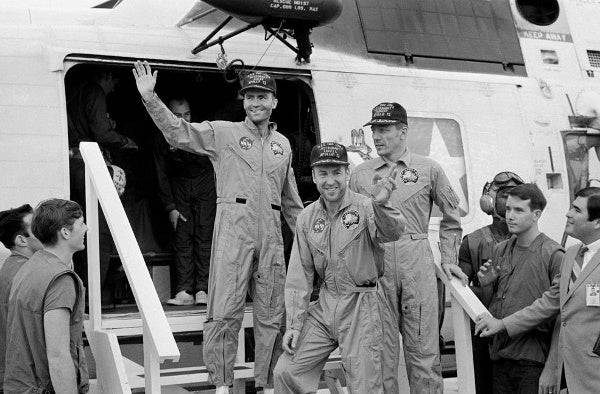 |
| |
| |
| |
| |
| |
| Behavior & Society The True Costs of the COVID-19 Pandemic It will kill many directly, but the effort to fight it will incur a huge toll on other aspects of our health and well-being | | By Nason Maani,Sandro Galea | | | |
| Physics Remembering Freeman Dyson In our conversations, he ventured far and wide across science, literature and politics, offering unorthodox ideas with a bracing self-confidence | | | | |
FROM THE STORE
 | | | |
| |
FROM THE ARCHIVE
 | | | |
| QUOTE OF THE DAY
 "I think if we had landed, and if we never had the problem in the first place, I think the science work we had trained for would have been achieved." Jim Lovell, former NASA astronaut | |
LATEST ISSUES
 |
| |
| Questions? Comments?  | |
| Download the Scientific American App |
| |
| |




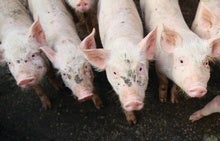

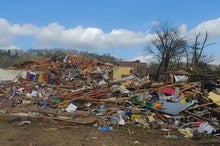

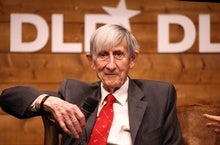
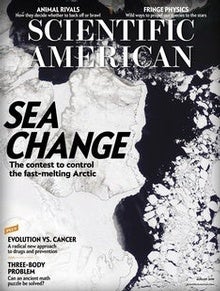

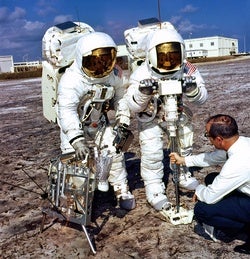
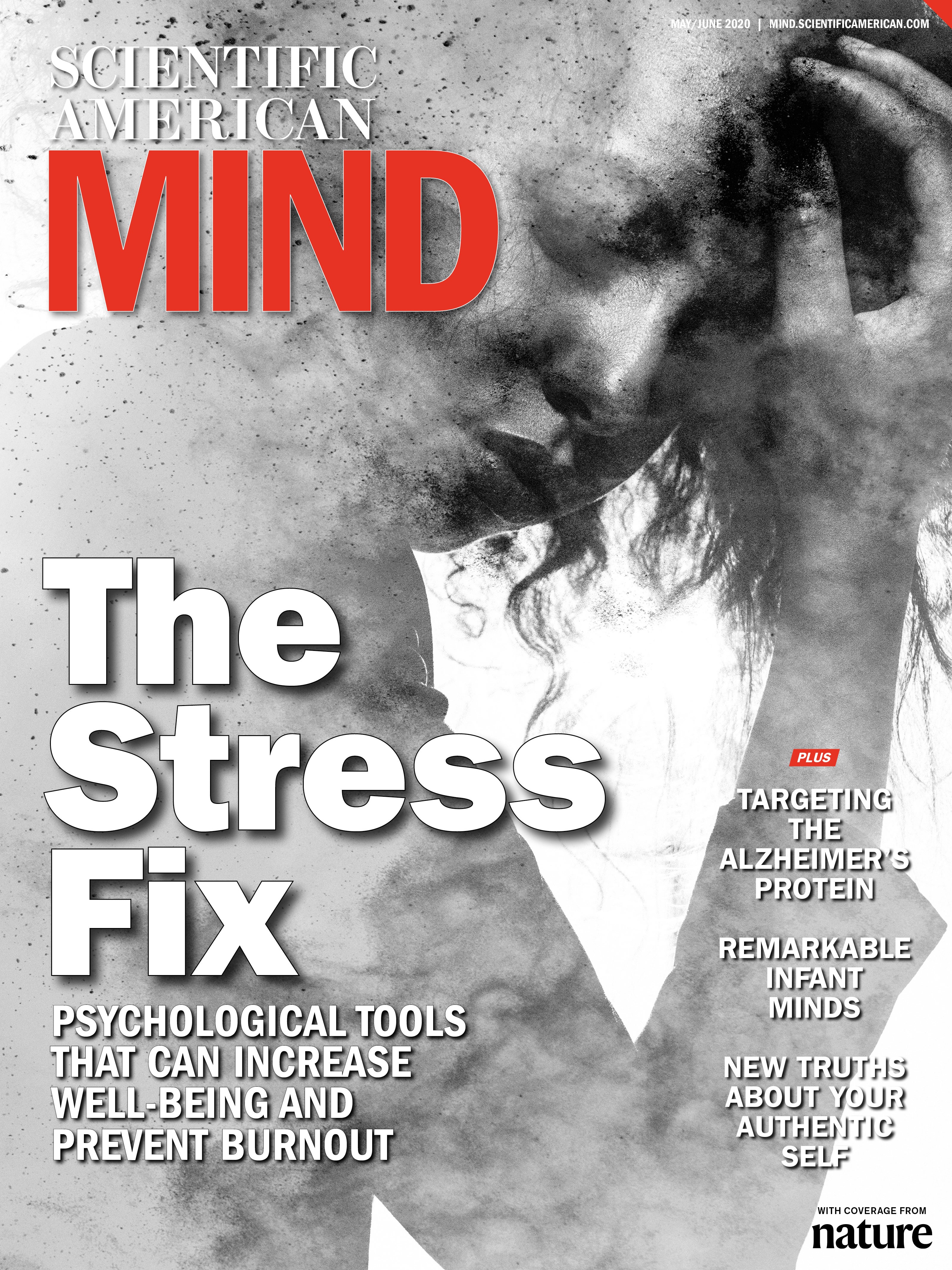

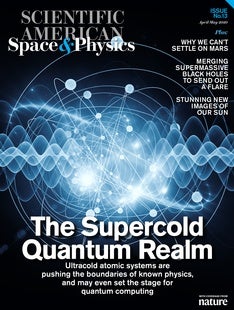
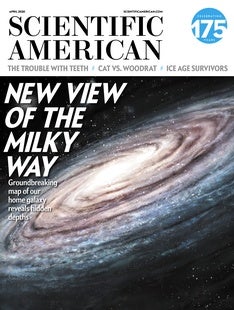




Comments
Post a Comment